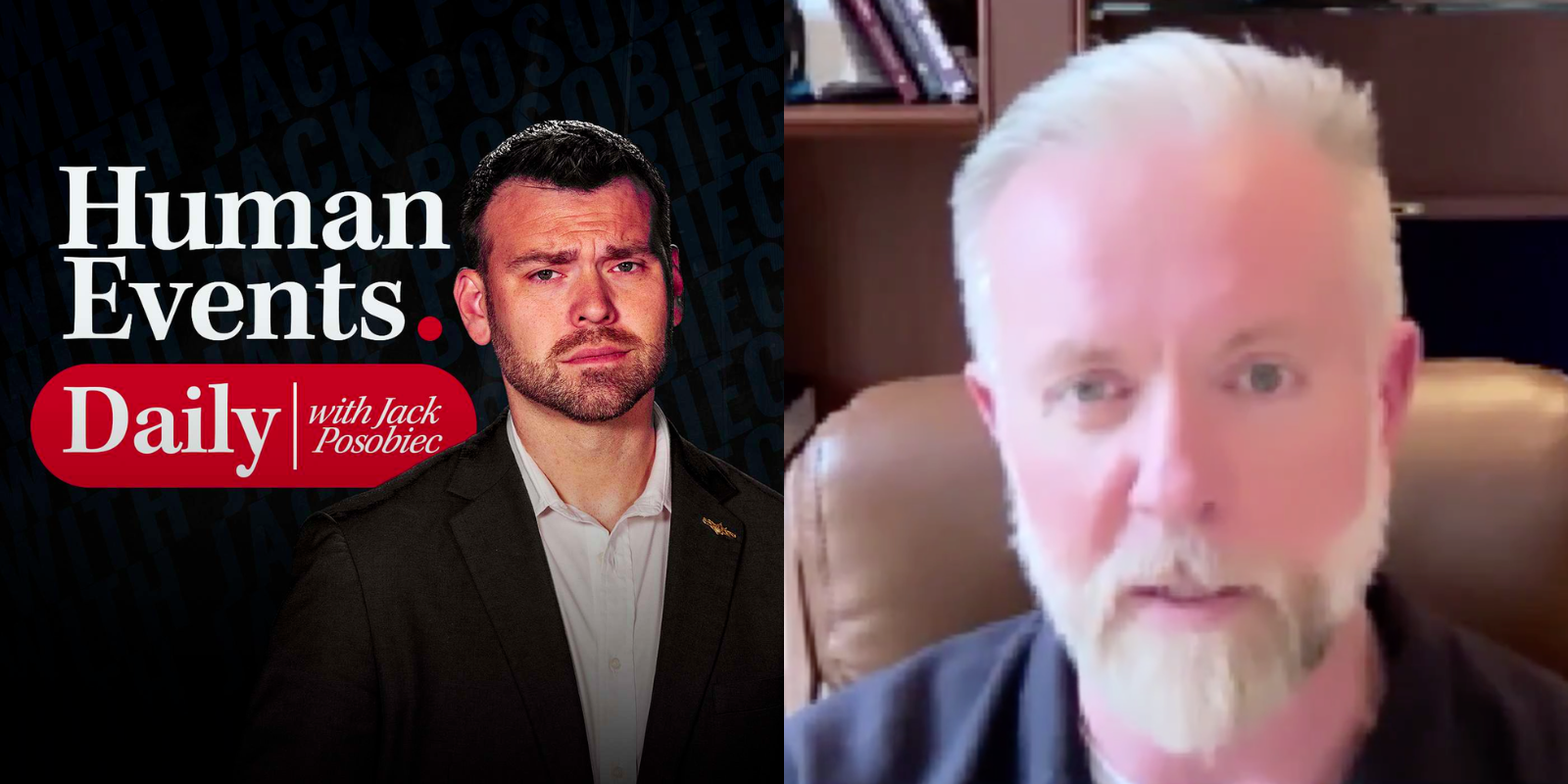Iran's presidential election has turned into an intense competition after a general election the previous week failed to produce a candidate with the required 50 percent of the vote. The next president will be decided in a runoff on Friday, but the potential victor has been difficult to predict. The election has been marred with protests, as many Iranians have grown tired of the previous government's failures and decided to boycott the vote.
Iran's former president Ebrahim Raisi was killed in a helicopter crash in May, forcing an emergency election for the country. The outcome may be contingent upon the number of Iranians who chose not to vote in the general election and decide to participate in the runoff, as per The New York Times. Last week, the turnout was at a record low of 40 percent.
The country faces a variety of domestic and international challenges, and voters get to choose between two candidates with radically different perspectives: Saeed Jalili, a radical Supreme Leader loyalist, and Dr. Masoud Pezeshkian, a reformist who has gained popularity for his moderate approach to domestic and foreign policy.
Jalili, the former nuclear negotiator for Iran, is anti-West and vowed to expand ties with China and Russia to advance Iran's economy. He supports the mandatory hijab law for women and online censorship, per the NYT.
Meanwhile, Pezeshkian has vowed to negotiate with the West to reinvigorate the economy by removing sanctions. He wants to abolish the morality police that enforces the mandatory hijab law and lift restrictions on the internet.
The president of Iran is not able to reverse significant actions that could bring about the kind of reform that many Iranians desire under the country's theocratic form of government. Ayatollah Ali Khamenei, the supreme leader, is the one who holds that authority. Analysts said that the president is not without authority, though, as they are in charge of determining the members of the cabinet, establishing the domestic agenda, and even having some say in foreign affairs, according to the paper.
Iran's former president Ebrahim Raisi was killed in a helicopter crash in May, forcing an emergency election for the country. The outcome may be contingent upon the number of Iranians who chose not to vote in the general election and decide to participate in the runoff, as per The New York Times. Last week, the turnout was at a record low of 40 percent.
The country faces a variety of domestic and international challenges, and voters get to choose between two candidates with radically different perspectives: Saeed Jalili, a radical Supreme Leader loyalist, and Dr. Masoud Pezeshkian, a reformist who has gained popularity for his moderate approach to domestic and foreign policy.
Jalili, the former nuclear negotiator for Iran, is anti-West and vowed to expand ties with China and Russia to advance Iran's economy. He supports the mandatory hijab law for women and online censorship, per the NYT.
Meanwhile, Pezeshkian has vowed to negotiate with the West to reinvigorate the economy by removing sanctions. He wants to abolish the morality police that enforces the mandatory hijab law and lift restrictions on the internet.
The president of Iran is not able to reverse significant actions that could bring about the kind of reform that many Iranians desire under the country's theocratic form of government. Ayatollah Ali Khamenei, the supreme leader, is the one who holds that authority. Analysts said that the president is not without authority, though, as they are in charge of determining the members of the cabinet, establishing the domestic agenda, and even having some say in foreign affairs, according to the paper.





